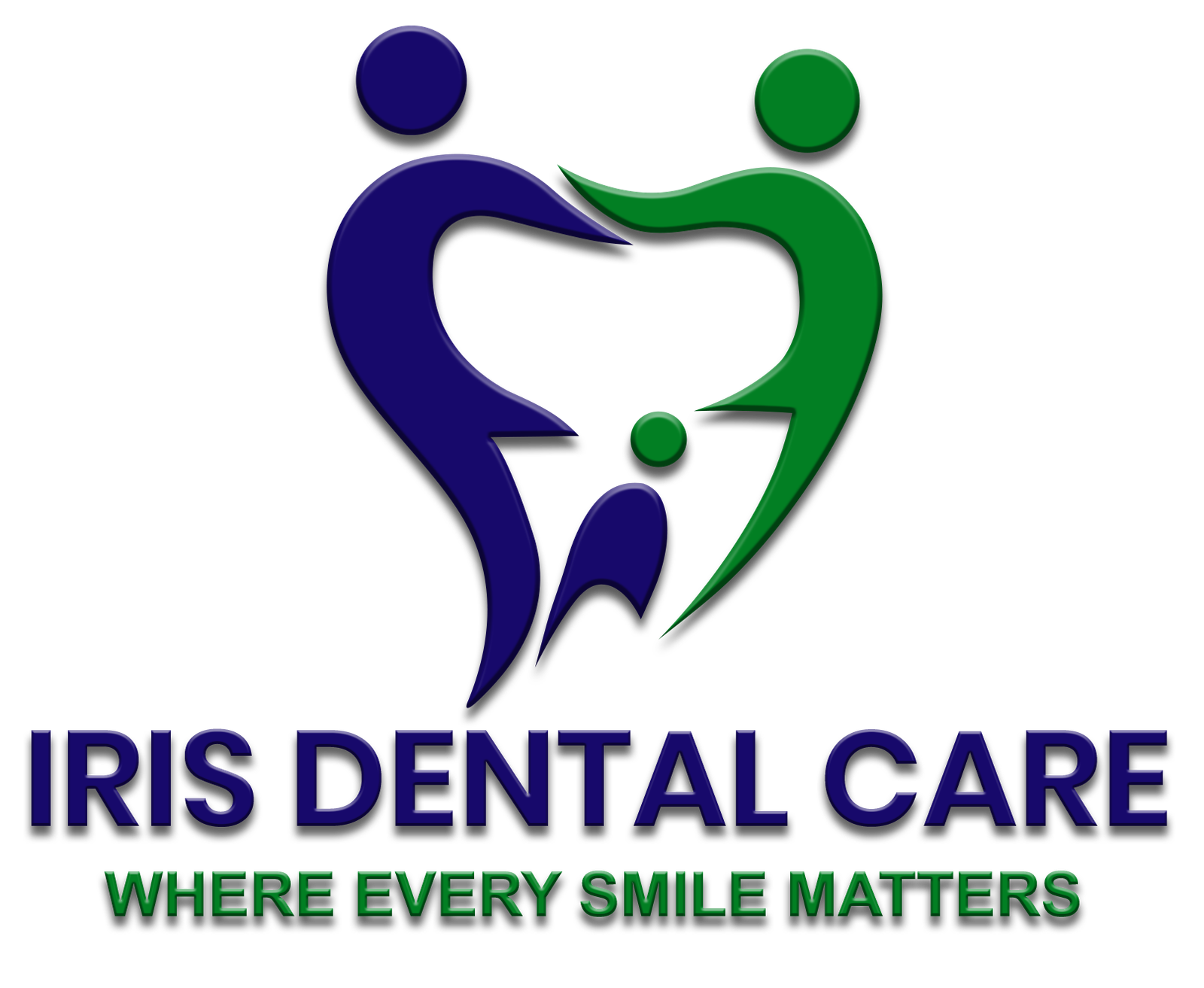Professional teeth cleaning is a crucial part of maintaining optimal oral health. It goes beyond simply having clean teeth; it helps prevent serious dental issues like gum disease, cavities, and even tooth loss. In this blog, we’ll provide an in-depth overview of teeth cleaning, its importance, the causes of plaque and tartar buildup, common symptoms …
Professional teeth cleaning is a crucial part of maintaining optimal oral health. It goes beyond simply having clean teeth; it helps prevent serious dental issues like gum disease, cavities, and even tooth loss.
In this blog, we’ll provide an in-depth overview of teeth cleaning, its importance, the causes of plaque and tartar buildup, common symptoms that indicate you need a cleaning, available treatment options, and the pros and cons of each. This information will help you make an informed decision about your oral health.
What is Teeth Cleaning?
Teeth cleaning is a dental procedure designed to remove plaque, tartar, and stains from the teeth. While regular brushing and flossing are essential for maintaining oral hygiene, professional cleaning is necessary to eliminate buildup that cannot be removed with at-home care. During a professional cleaning, a dentist or hygienist uses specialized tools to clean the surfaces of the teeth, underneath the gums, and between the teeth, ensuring a thorough clean.
Causes of Plaque and Tartar Buildup
Plaque buildup is primarily caused by the accumulation of food particles, bacteria, and saliva in your mouth. When you consume foods, especially those rich in sugars and starches, the bacteria in your mouth feed on these particles and produce acids that contribute to plaque formation.
Plaque is a sticky, colorless film that forms on your teeth. If not removed through regular brushing and flossing, plaque can harden into tartar. Tartar is more difficult to remove and requires professional cleaning.
Other factors contributing to plaque and tartar buildup include:
- Poor oral hygiene habits (infrequent brushing or improper brushing techniques)
- Diet high in sugary or starchy foods
- Smoking or using tobacco products
- Dry mouth or insufficient saliva production
- Genetics (some individuals may be more prone to plaque buildup)
Common Symptoms That You Need Teeth Cleaning
While plaque buildup isn’t always immediately noticeable, there are several signs that indicate you may need professional teeth cleaning:
Bad breath (halitosis): Persistent bad breath can signal the buildup of bacteria in your mouth due to plaque and tartar.
Gum bleeding: If your gums bleed when brushing or flossing, it may be a sign of gingivitis (early gum disease) caused by plaque accumulation.
Swollen or tender gums: Healthy gums should appear pink and firm. Swollen, red, or sensitive gums may indicate a need for professional cleaning.
Yellow or brown stains on your teeth: Discoloration that doesn’t improve with regular brushing could be a result of tartar buildup.
Receding gums or loose teeth: Advanced gum disease, caused by untreated plaque and tartar, can lead to gum recession and even tooth mobility, requiring more intensive treatments.
Treatment Options for Teeth Cleaning
There are various professional teeth cleaning treatments based on your oral health needs and the severity of plaque or tartar buildup. Below are the most common options:
- Basic Teeth Cleaning (Prophylaxis) This is the standard cleaning performed during regular dental checkups. Typically done every six months for patients with good oral health, this procedure involves removing plaque and tartar from the surfaces of the teeth above the gum line using ultrasonic scalers or manual tools.
- Deep Cleaning (Scaling and Root Planing) For patients with gum disease (periodontitis) or heavy tartar buildup, deep cleaning is necessary. Scaling and root planing involves cleaning beneath the gum line, where plaque and tartar accumulate. Scaling removes tartar, and root planing smooths the tooth roots to promote gum reattachment and healing.
- Polishing and Stain Removal After scaling, your dentist may polish your teeth to remove surface stains. This helps improve the appearance of your smile, particularly if you have discoloration from food, coffee, or tobacco.
- Laser Teeth Cleaning Some advanced dental practices, including Iris Dental Care, offer laser teeth cleaning, which uses specialized lasers to remove tartar and plaque from the teeth. This method is typically employed for deep cleanings, especially in patients with more severe gum disease.
Pros and Cons of Teeth Cleaning Treatments
Pros:
- Prevents gum disease and tooth decay.
- Improves breath and reduces plaque buildup.
- Maintains a healthy, attractive smile.
- Reduces the risk of serious dental issues like tooth loss and infections.
Cons:
- Mild discomfort or sensitivity may occur, particularly for individuals with gum disease.
- Higher costs may be involved, especially with more intensive treatments like scaling and root planing.
- Not a substitute for at-home care. Professional cleaning should complement regular brushing and flossing for optimal oral health.
Conclusion
Teeth cleaning plays a vital role in maintaining your overall oral health. Whether you’re undergoing routine cleaning or a more intensive deep cleaning, professional treatments help prevent serious dental conditions such as gum disease, cavities, and tooth loss.
At Iris Dental Care, we are dedicated to providing the highest quality dental care, tailored to your unique needs. Our expert team is here to ensure that your teeth remain healthy, strong, and beautiful. If you have any concerns about plaque buildup or are due for a professional cleaning, contact us to schedule your appointment today.
Your smile’s health is our priority, and we are committed to giving you the best care possible.

